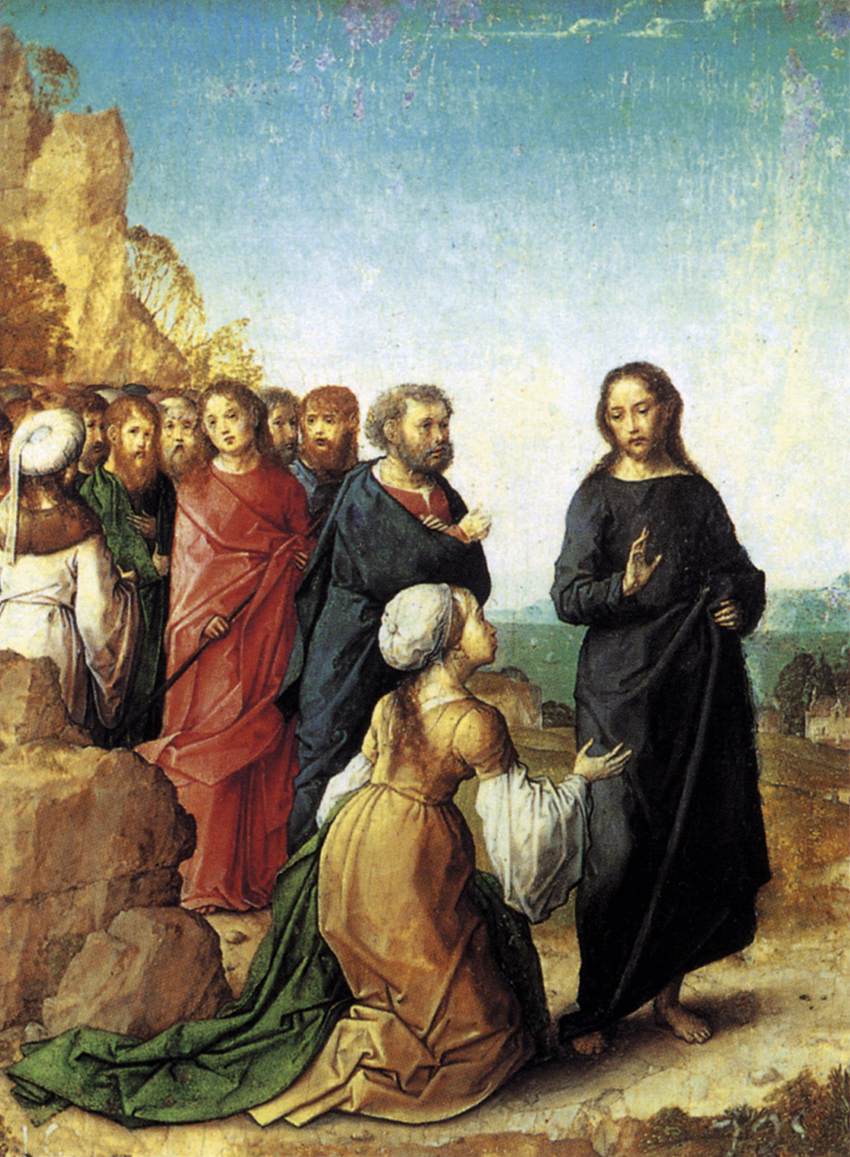THE FEAST OF THE HOLY FAMILY - Colossians 3:12-21
On the Sunday after Christmas, we celebrate the Holy Family, that is Jesus’ family, taking the opportunity to reflect upon the family. The nuclear family is the most basic unit of society and is constituted by a couple (a man and a woman) and their children. The members of this nuclear family are connected to the other members of the enlarged family. Then families are interconnected and relate to each other to nurture life and to protect and enhance the community and then the society at large.
When we speak about Jesus’ family, we speak about himself and his parents. And the Church presents this Holy Family as a role model for our families. We may look at Jesus himself and at his parents. The gospels give very little information about this family and a lot of what we say about them is a fruit of idealisation. However, somethings are made clear in the gospels. Joseph assumed his role as guardian of the family and proved to be a responsible man. He accepted Mary and they went together to Bethlehem for the census. They were expecting Jesus’ birth, and Mary was ready to care for the child taking with her the basic things (“swaddling clothes” - Lk 2:7). Warned of danger, Joseph got up in the middle of the night and took Mary and the child to Egypt. Once returned, after Herod’s death, they settled in Nazareth and led a simple life like most of the other people. As a carpenter, Joseph managed to have enough to keep the family. Then, following Jewish tradition, at the age of twelve, Jesus was considered adult enough to participate in the religious ceremonies and even to stand and read in the synagogue. So he went in pilgrimage to Jerusalem together with the parents and with many other people. He felt so overwhelmed by the splendour of the Temple that he forgot everything else, causing a lot of worries to his parents. In that episode, Jesus appears like a young man who became aware of himself and wants to find his own way. Joseph kept silent, as a servant who does not question the whims of his lord. Mary was the one who had the courage to confront Jesus, asking: Why have you done this to us? “Behold, your father and I have been searching for you in great distress” (Lk 2:48).
Of all the years that Jesus spent in Nazareth, we have but a summary presented in just a few words: “And he went down with them and came to Nazareth and was submissive to them.” (Lk 2:51).
In the second reading, Paul advises us to put our hearts on a set of essential attitudes to live in the family and in the community. Aware that we are God’s beloved, his “chosen race”, we must “be clothed in sincere compassion, in kindness and humility, gentleness and patience”. Since we are forgiven, we must be able to forgive. And over all these, we must “put on love”; love will lead us to perfection. It is through love, that we show to be true children of God, who is love. We must be thankful, giving praise and glory to God through Jesus Christ and coping everything in His name. These same attitudes must present within the family between the couple (husband and wife) and between parents and children.
Let us pray for our families. May each family keep burning strong the fire of love, moved by the Spirit to be true witnesses of Jesus Christ.

















